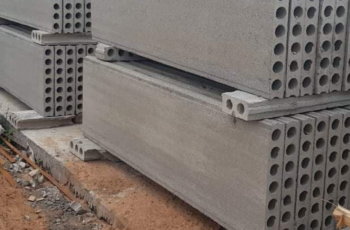Finding the right bricklayer for your project can feel overwhelming. There are so many factors to consider, from experience and licensing to cost and availability. This guide will help you navigate the process and find skilled bricklayers near you.
Understanding Your Needs
Before you start your search, define your project’s scope. What needs to be done? Do you need a simple repair, a new wall constructed, or perhaps a complex fireplace installation? Having a clear understanding of your needs will help you narrow down your search and ensure you find a bricklayer with the appropriate skills and experience. Consider creating a detailed sketch or plan to share with potential candidates. 
Searching for Local Bricklayers
Start by using online search engines. A simple search for “bricklayers near me” is a great first step. You can also check local directories, classifieds websites, and even social media groups. Don’t forget to ask friends, family, and neighbors for recommendations. Word-of-mouth referrals can be invaluable. Learn more about finding reliable contractors.
Checking Credentials and Licenses
Once you have a list of potential bricklayers, it’s crucial to verify their credentials. Check if they are licensed and insured. A license shows that they have met specific standards of competency, while insurance protects you in case of accidents or damages. You can usually find this information on their websites or by contacting your local licensing board. Check your state’s licensing requirements here.
Reviewing Portfolios and Testimonials
Most bricklayers will have a portfolio showcasing their past projects. Look for high-quality photos and detailed descriptions of the work. Also, pay close attention to testimonials and reviews from previous clients. These can provide valuable insights into the bricklayer’s professionalism, reliability, and the overall quality of their work. [IMAGE_2_HERE]
Getting Multiple Quotes
Never settle for the first quote you receive. Get at least three to five quotes from different bricklayers, making sure they are all bidding on the same scope of work. Compare not just the price but also the level of detail in their proposals, their experience, and their proposed timelines. Compare bricklaying quotes effectively.
Communication and Rapport
Effective communication is key to a successful project. Choose a bricklayer who is responsive to your inquiries and willing to answer your questions. A good rapport with your bricklayer will ensure a smooth and efficient process. [IMAGE_3_HERE]
Considering Materials and Timeline
Discuss the materials that will be used in your project. Ensure that the bricklayer is using high-quality materials that meet your expectations. Also, get a realistic estimate of the project timeline. Factor in potential delays due to weather or unforeseen circumstances. Find high-quality brick suppliers near you.
The Importance of a Contract
Before the work begins, always have a written contract in place. The contract should outline the scope of work, the payment schedule, the materials to be used, and the project timeline. This protects both you and the bricklayer and ensures that everyone is on the same page. Download a sample bricklaying contract. Learn about contract essentials.
Finding the perfect bricklayer involves careful consideration and due diligence. By following these steps, you can ensure a successful project that meets your needs and expectations.
Frequently Asked Questions
What qualifications should I look for in a bricklayer? Look for licensing, insurance, experience, and positive reviews.
How much should I expect to pay for bricklaying services? Prices vary greatly depending on location, project scope, and materials. Get multiple quotes to compare.
What questions should I ask potential bricklayers? Ask about their experience, licensing, insurance, materials, timeline, and payment process.
How can I protect myself from scams? Verify licenses, get written contracts, and check reviews before making a commitment.
What if there are problems during the project? Refer to the contract and maintain open communication with the bricklayer.

